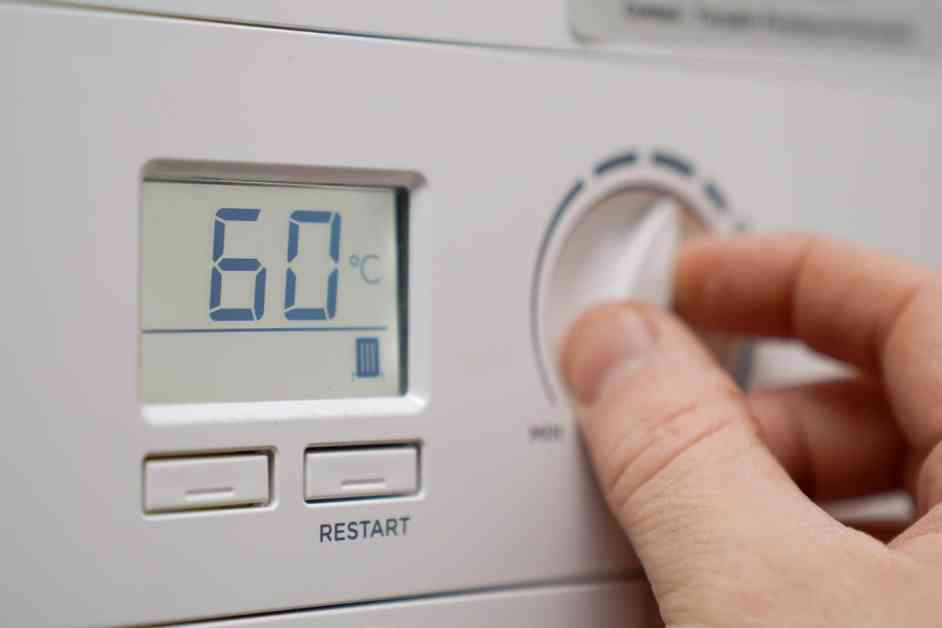With energy prices on the rise, millions of households across England, Scotland, and Wales are facing the prospect of higher bills this winter. The UK energy regulator, Ofgem, has announced a 10% increase in the price cap, which means the average household could see their energy bill go up by £149 a year. This price hike comes at a time when many families are already struggling to make ends meet, making it more important than ever to take steps to save money on energy bills.
Submit Meter Readings to Avoid Overpaying
One way to potentially save money on your energy bills is by submitting meter readings to your supplier. Ofgem has warned that households on a standard variable tariff (SVT) who do not have a smart meter could risk overpaying if they do not provide accurate readings. When suppliers do not receive meter readings, they base their bills on estimated usage, which can result in households paying more than they should.
By submitting your electricity and gas readings to your supplier, you can ensure that you are only charged for the energy you have actually used. This is especially important now that the price cap has been raised, as any energy consumed before October 1 could be billed at the higher prices if accurate readings are not provided. Taking this simple step can help you avoid overpaying and keep your energy costs in check.
Impact of Rising Energy Prices
The decision to raise the price cap was driven by rising prices in the international energy market, fueled by political tensions and extreme weather events. This means that households across the UK will be paying more for their energy this winter, putting additional strain on already stretched budgets. With millions of pensioners facing a winter without winter fuel payments, the situation is even more dire for those who are already struggling to make ends meet.
According to a survey by fuel poverty charity National Energy Action (NEA) and YouGov, nearly half of British adults say they are likely to ration their energy use this winter to save money. This could lead to households using less energy than they need to maintain comfort and wellbeing, posing a risk to their health and well-being. The NEA has warned that many households are facing another dreadful winter, with increasing energy debt or the prospect of not heating their homes at all.
Tips for Saving Money on Energy Bills
As households brace for higher energy bills this winter, there are steps they can take to save money and manage their energy costs more effectively. One option is to switch to a fixed-rate tariff, which could offer cheaper rates than the standard variable tariff. By shopping around and comparing different energy deals, households may be able to find a better deal that suits their budget and helps them save money on their energy bills.
Another tip for saving money on energy bills is to reduce energy consumption wherever possible. Simple measures such as turning off lights when not in use, using energy-efficient appliances, and insulating your home can all help lower your energy usage and reduce your bills. By being mindful of how you use energy and making small changes to your daily habits, you can lower your energy costs and make your home more energy-efficient.
In conclusion, with energy prices on the rise and households facing higher bills this winter, it’s more important than ever to take steps to save money on energy costs. By submitting meter readings to your supplier, switching to a fixed-rate tariff, and reducing energy consumption, you can lower your energy bills and make your home more energy-efficient. With the right strategies in place, you can navigate the winter months without breaking the bank on energy costs.












